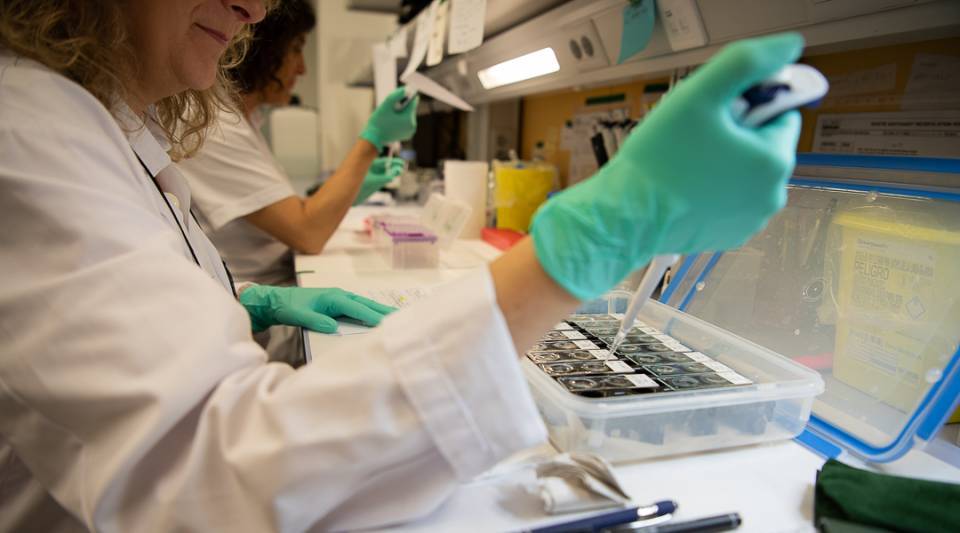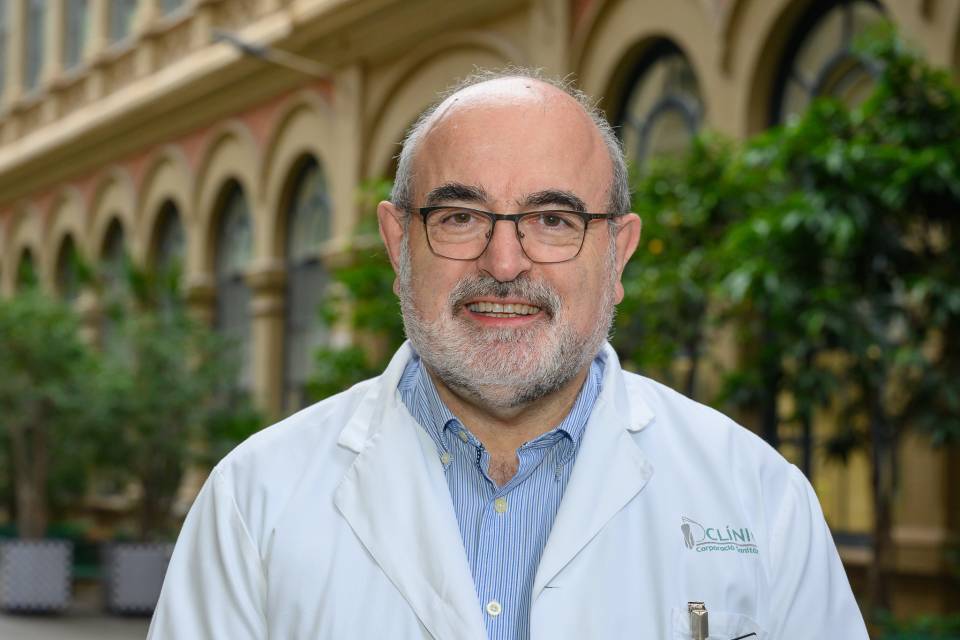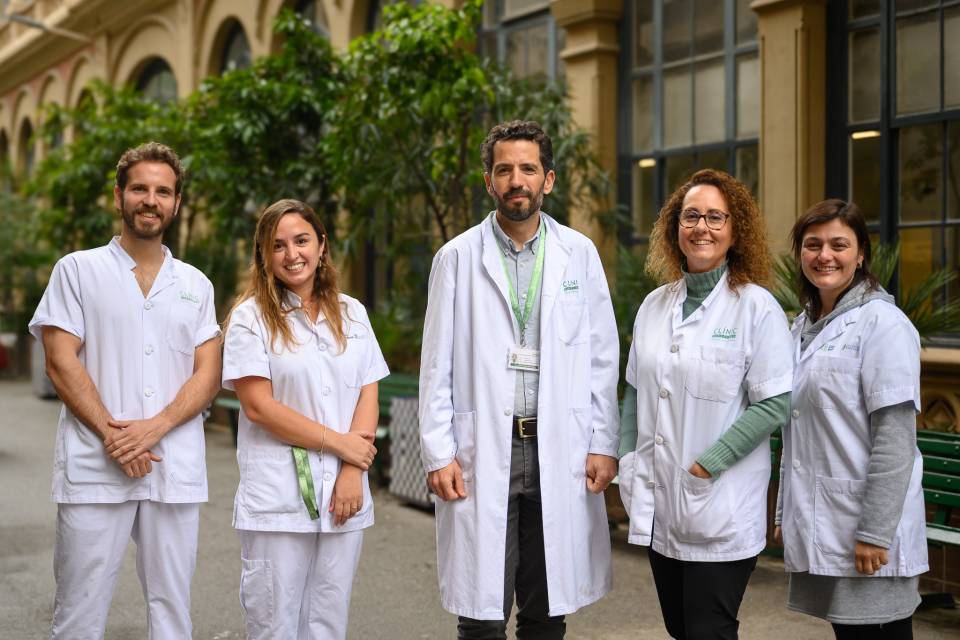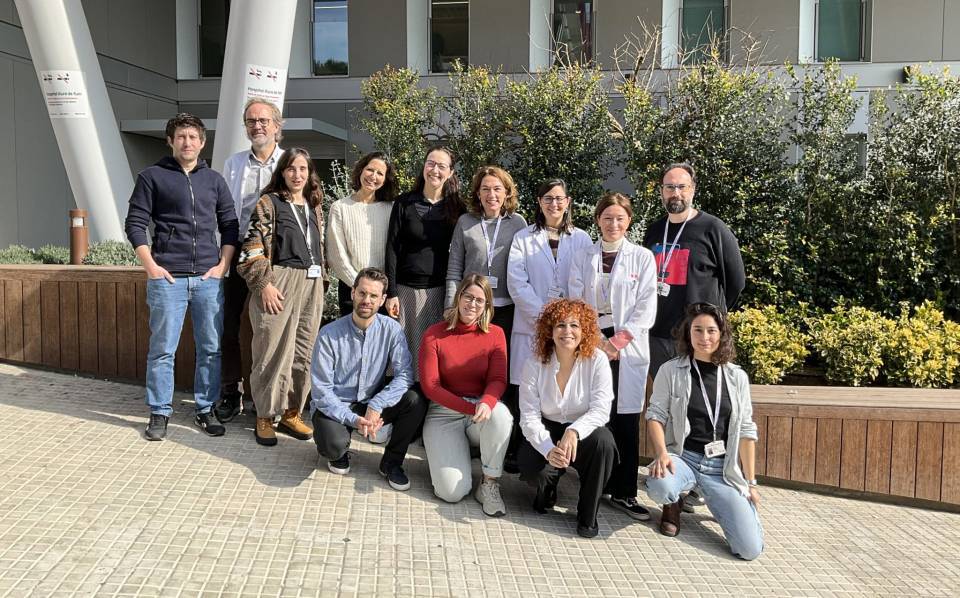In this study, carried out by The Lancet Commission on Diagnostics, centres from all over the world participated, including the Hospital Clínic de Barcelona as the only Spanish hospital. The study brought together 25 experts from 16 different countries with the aim of transforming global access to diagnostics. Dr. Luis Donoso-Bach, director of the Diagnostic Imaging Centre at the Hospital Clínic (CDIC), member of the IDIBAPS Diagnosis and Therapy in Oncology Group and member of the Commission, highlights the importance of diagnostics as a fundamental part of quality primary care, and adds that diagnostics do not get adequate recognition in order to receive sufficient funding.
47% of the world population has little or no access to diagnostics for common diseases such as diabetes, hypertension, HIV, tuberculosis, or to basic tests for pregnant women such as hepatitis B and syphilis. Therefore, in this analysis, the Commission underlines the role played by political decision-makers in improving the health system: to improve access and expand the development of diagnostics beyond high-income countries. Narrowing the diagnostic gap from 35-62% to 10% for the above 6 conditions could reduce the annual number of premature deaths by 1.1 million in low-income and middle-income countries. These figures require immediate action by these countries in order to design national diagnostic strategies in line with their local healthcare needs.
Globally, there is currently a need for around one million professionals with experience in diagnostics, and the Commission recommends identifying and diagnosing these global health workforce shortfalls. Another of the recommendations being considered by the Commission is that investment in training, in innovative methods and infrastructures to detect diseases would be beneficial on a global scale, but particularly in remote locations, such as poor, rural and marginalized communities across the globe. Appropriate access to diagnostic methods is needed to develop equity and social justice.
In the last 15 years, there have been significant innovations in technology and information technology to transform diagnostics. However, the Commission points out that the benefits of this technological growth are not equitable around the world. High-income countries such as the USA and European countries have half of the world’s in vitro diagnostic resources. The Commission suggests improving the regulatory frameworks to ensure the safety and quality of the diagnostics and democratizing them, i.e. increasing the availability of points of care, patient accessibility to sample collection kits and to self-tests.
The COVID-19 pandemic has emphasized the crucial role played by diagnostics in health care. Rapid and accurate diagnosis has significantly reduced mortality and morbidity in developed countries, but this has not been the case in low- and middle-income countries. Therefore, the Commission proposes starting to work to reduce this diagnostic gap between countries. Universal health coverage will help save many lives and also prepare society globally to combat future pandemics.




